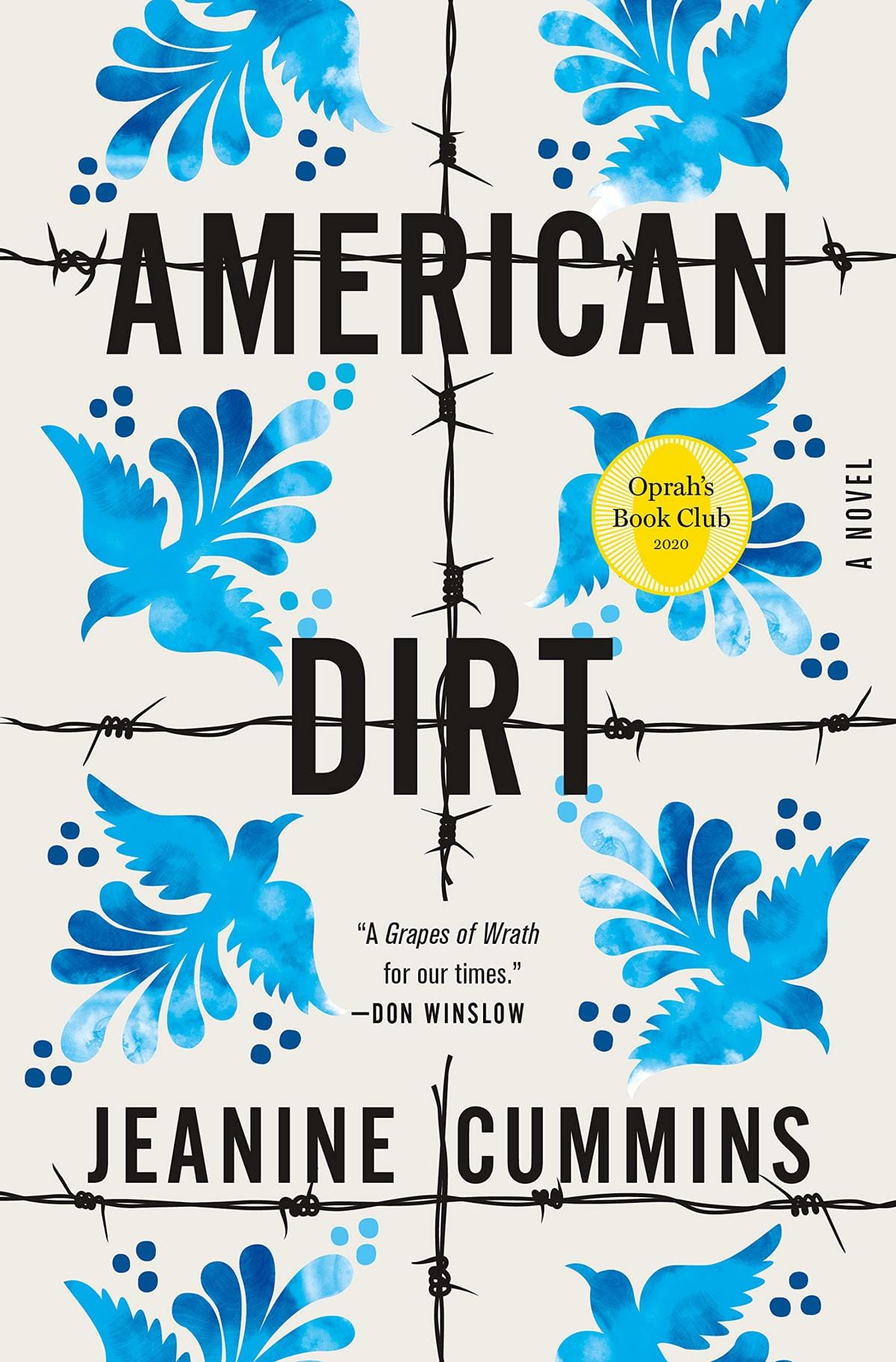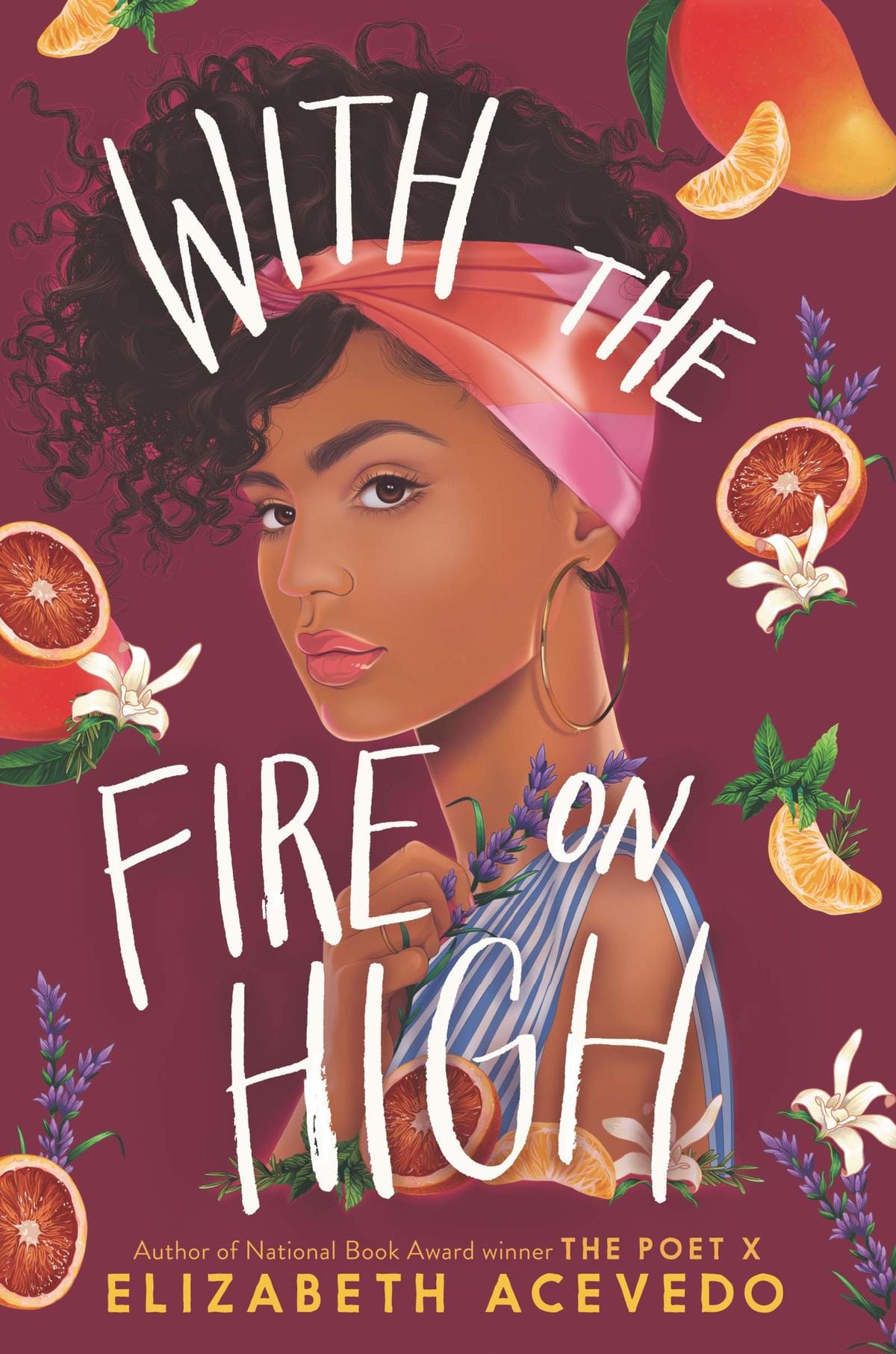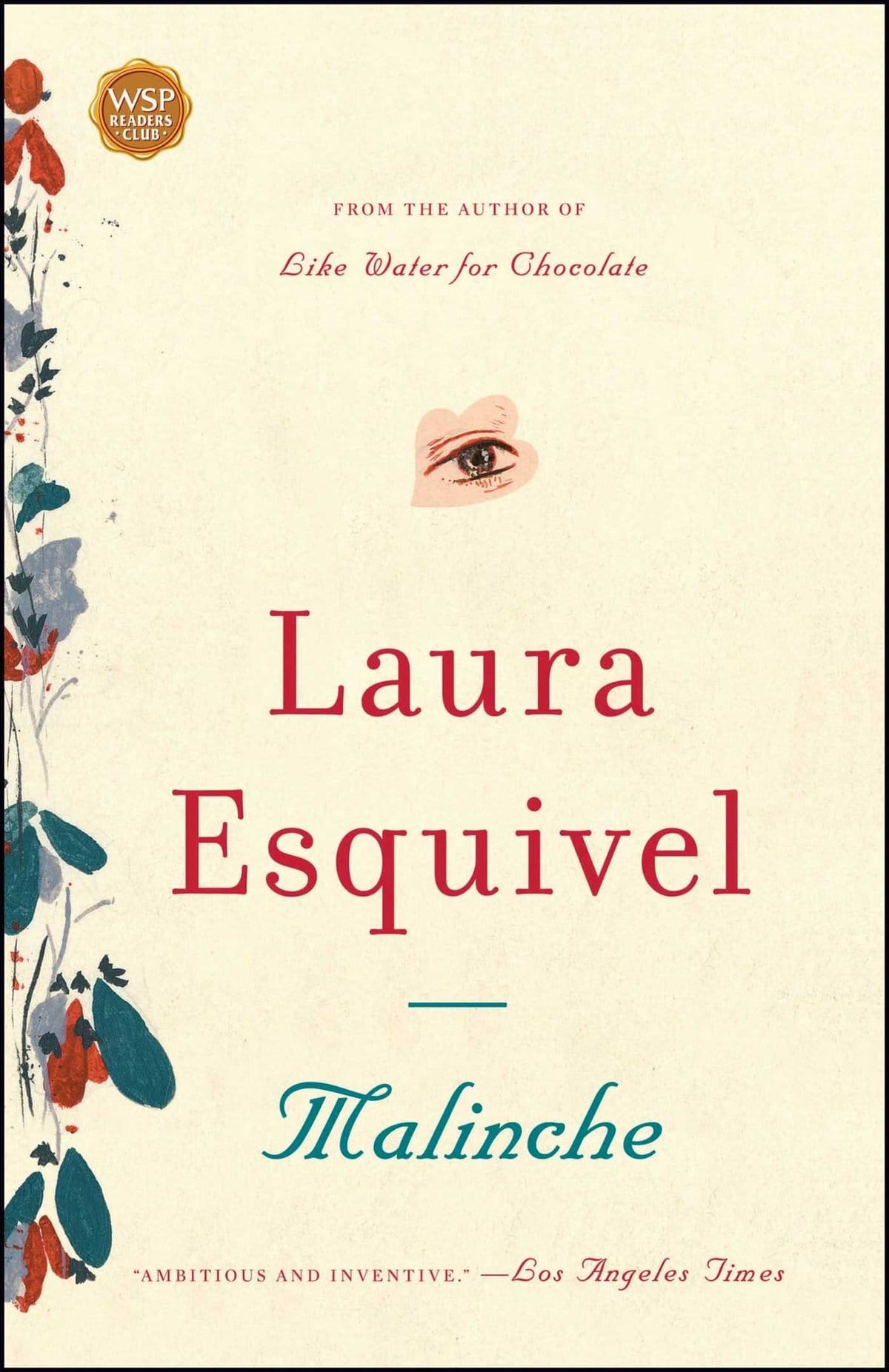
Here’s Why The Oprah Winfrey-Promoted Book ‘American Dirt’ Is Getting So Much Heat
Whether or not you follow Oprah’s Book Club, you’ve likely heard about the controversy surrounding the most recent novel on her list: American Dirt by Jeanine Cummins. The book follows protagonist Lydia Quixano Pérez, a middle-class Mexican bookseller who escapes Acapulco with her 8-year-old son, Luca, after a drug cartel massacres their family at a quinceañera. When Lydia and Luca flee to the US on a freight train, the story unfolds as a chronicle of two migrants’ dangerous journey across the border.
On the surface, American Dirt appears to draw much-needed attention to the experience of countless people seeking safety and prosperity in the US—and while many folks are debating whether or not the book actually succeeds in doing this, it was definitely marketed that way.
After igniting a bidding war between nine publishing houses, American Dirt was ultimately sold to Flatiron Books for seven figures in 2018. With its topical and pervasive subject matter, the publishers assumed that the book would be a hit—and at first, it was. It was endorsed by major writers and celebrities, from Stephen King to Salma Hayek, and it received glowing reviews from several Latina authors, including Sandra Cisneros, Reyna Grande, and Julia Alvarez. Preorders from booksellers were so abundant that Flatiron increased its first printing from 300,000 copies to 500,000. And, of course, Oprah announced that the novel would feature as her Book Club’s first read of 2020.
But with all the hype that preceded American Dirt’s January 21 release came questions about its validity.
Credit: Youtube / CBS News
In May of last year, Flatiron held a book promotion dinner honoring the novel, and the event featured floral arrangements wrapped in barbed wire—an aesthetic choice that sparked a fair amount of early skepticism about the book (on Twitter, the decor was decried as “border chic”). Several prominent figures in the literary world are accusing Cummins—who referred to herself as “white” in a 2015 New York Times essay, but now identifies as “white and Latinx”—of cultural appropriation, asserting that she is capitalizing on the suffering of a group that she doesn’t belong to (though one of her grandmothers was Puerto Rican). Many Latinx writers have expressed disdain for the publishing industry’s tendency to support white authors telling the stories of marginalized groups, rather than elevating authors who actually identify with those groups themselves. Others are simply critical about the prose, lamenting Cummins’ clumsy reliance on racial stereotypes and use of a Spanish not typical of Mexico.
And although several Latinx folks are either actively critiquing or distancing themselves from the book, others remain optimistic about its effect on pop culture. Cristian Perez, a 25-year-old teacher who is Mexican-American, told the New York Times that he” had not heard about American Dirt or the controversy, but he was glad to see a writer using her ‘privilege’ to ‘bring light to the misfortunes of other people.’”
Mexican-American poet and novelist Erika L. Sánchez had initially said that the novel was written with “grace, compassion, and precision,” but recently mentioned in an interview that she wouldn’t have supported the book so fervently if she had known it would cause so much tumult. Still, she added, “I hope this book inadvertently opens up doors for people of color.”
Cummins insists that her aim was to do just that—to highlight the very real, very urgent plight of Latinx immigrants, though she realized she may not be the best person to do so. In the afterword to the novel, Cummins wrote that she wishes that “someone slightly browner than [her] would write” this story—another statement that has not sat well with her critics, as it seems to dismiss the many excellent Latinx authors writing this type of story every day.
Credit: Heather Sten / The New York Times
In regard to the controversy, Cummins stands by her book and the creative decisions she made while writing it. “I do think that the conversation about cultural appropriation is incredibly important, but I also think that there is a danger sometimes of going too far toward silencing people,” she told the New York Times. “Everyone should be engaged in telling these stories, with tremendous care and sensitivity.”
As the contention surrounding American Dirt runs its course, all eyes are on the publishing industry, which continues to fumble its attempts to make the literary landscape more inclusive. A 2015 study showed that white people made up 79% of the industry overall, with only 6% of the industry comprised by Latinx folks. Let’s hope that after the conversation sparked by American Dirt, 2020 looks a lot different.

















